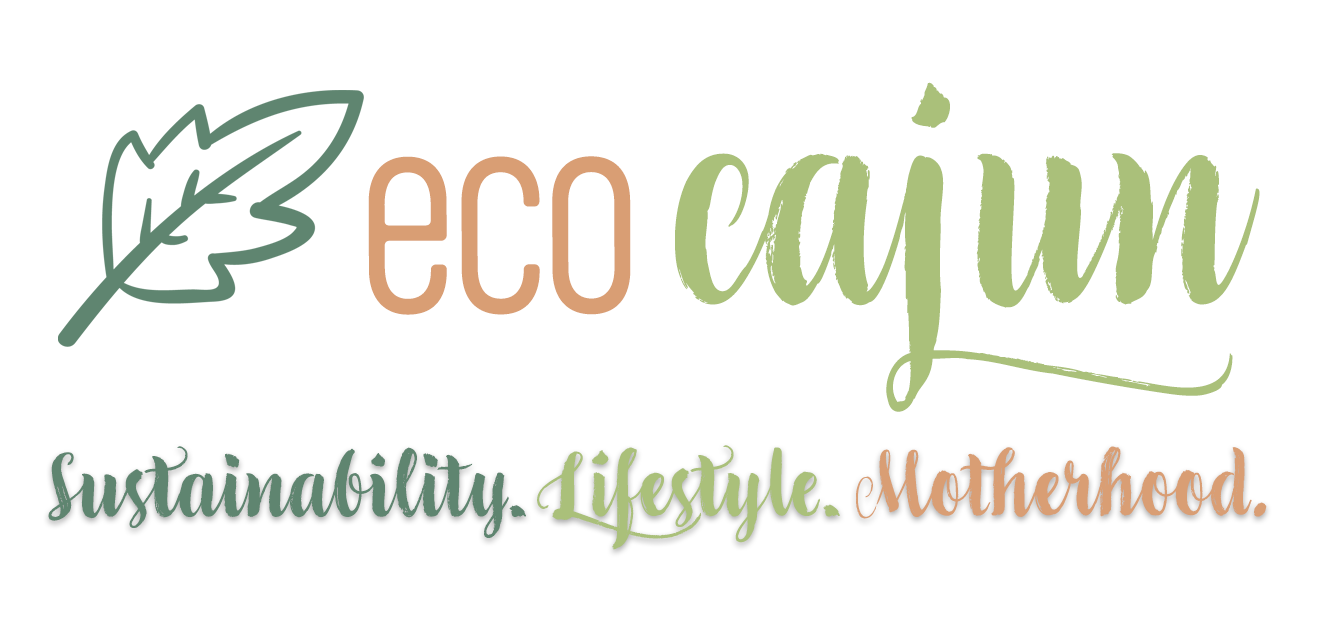I love having a dishwasher, and I love using our dishwasher. If I'm washing something by hand, it's usually because I need to use it in .2 seconds or because it's too delicate or big for the dishwasher.
But whether you're a manual washer or automatic washer, chances are, you use a sponge in your sink. I use one to clean gradoo off plates and out of bowls before loading into the dishwasher. (Don't even get me started on prewashing before loading!)
Now back up a minute, and put the sponge down. Take a look at it. It's probably made of plastic, aka, it's essentially made of petroleum. Got an antibacterial sponge? It's most likely treated with triclosan, an environmentally harmful pesticide that's been damaging aquatic ecosystems for awhile.
Tell me there ain't a better way to clean them dishes!
So instead of your standard plastic or polyurethane sponges, try out one of the many eco-friendly alternatives!
Materials/Qualities to Look For
- Post-consumer recycled material
- Cellulose (A note: Look for 100 percent cellulose sponges, others may contain polyester filling.)
- Walnut shells
- BPA-free
- Plastic-free or -minimal packaging.
Popular Brands
- The Honest Co.: Sponges are made of walnut shells for scrubbing and cellulose for wiping. Dishwasher and microwave safe. And available at Target! (At least online.)
- ScotchBrite Greener Clean: While they come in a crappy plastic wrapper, they're also made of cellulose, and are probably the most easy-to-find alternative sponge. They also have scour pads made from agave plants and dishwands with pads similar to the sponges.
- Full Circle: Biodegradable cellulose. Safe on nonstick.
- Twist: No dyes, no toxins, no plastics.
- Natural Value: Walnut scrubbers and other renewable materials.
The better care you take with your sponges, the longer they will last. And the longer they last, the fewer sponges you send to the landfill.
DIY
Before you even look into buying new sponges, try a little DIY first. Got old t-shirts or ratty towels you don't use anymore? Cut them up to make dish rags. When you put detergent on them, they function just as well as sponges to clean (or preclean) dishes. Throw 'em into the washing machine with your other towels, some eco-friendly detergent and dryer sheets, and they're ready to go again.A greener alternative to standard dish sponges? Now that's something I can really soak up!
Ba-dum-tssss.







No comments